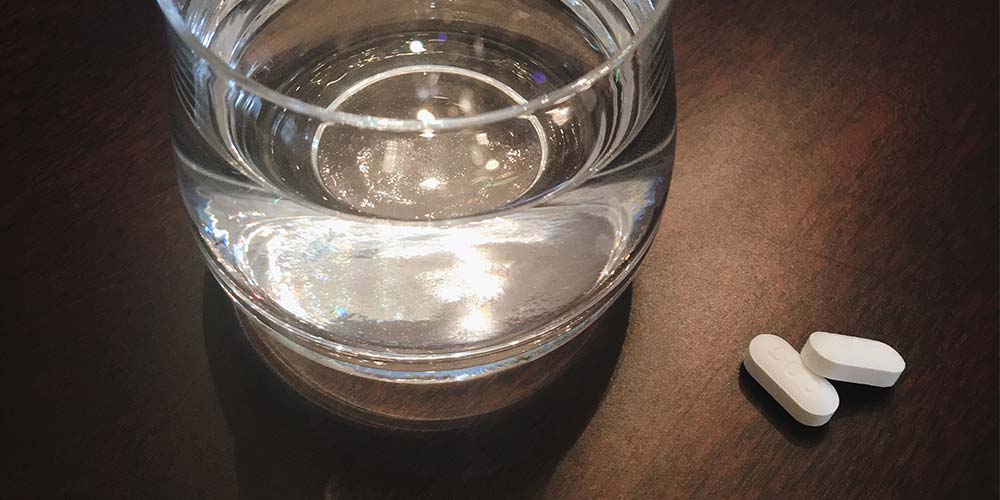It can be hard to tell when you should visit an emergency dentist and when you should try wait until your next scheduled appointment. Sometimes what starts as a mild toothache that you feel you can ignore can (if left untreated) lead to a full-blown dental emergency.
The term ‘dental emergency’ is often associated with traumatic injuries, such as cracked or dislodged teeth, as such injuries are common in sports and easily identifiable. Less common, however, are dental abscesses. This phenomenon is also less obvious to the naked eye and often starts with mild tooth tenderness or a sensitivity to hot or cold temperatures. Here’s why it could necessitate an emergency dentist visit.
Abscesses – What Are They?
An abscess is an accumulation of pus that can impact various parts of the human body. In a dental abscess, pus gathers in the tooth as a result of bacterial infection. This tooth infection can spread to the gums, cheek, throat and jaw – and even the tissues under your tongue. As the abscess grows, increased pressure can cause pain that spreads to the ear and neck. In most cases, abscesses are the result of one’s failure to receive proper and timely dental care.
What Are the Symptoms Of A Dental Abscess?
Early symptoms of a dental abscess include pain, swelling and redness of the mouth and face. Untreated abscesses will advance and in time cause symptoms such as nausea, vomiting, fever and chills, as well as difficulty swallowing. Serious side-effects include swelling of the airway and the infection spreading to one’s brain tissue. An advanced abscess can become life-threatening.
How Is It Treated?
Treatment for acute dental abscesses (which cause severe pain or swelling) may warrant an incision, after which the dentist will drain the abscess. The dentist may prescribe a course of antibiotics, as well as pain medication. Life-threating abscesses may require hospitalisation.
What Steps Should You Take?
There are no home remedies for dental abscesses. Should you or a loved one exhibit early warning signs, contact a health professional straight away. Signs include gum inflammation, facial swelling and tenderness, the presence of pus and experiencing difficulty opening one’s mouth.
We keep space in our appointment schedule for emergency appointments. Contact us on (02) 9262 7778 or book an emergency appointment online.








